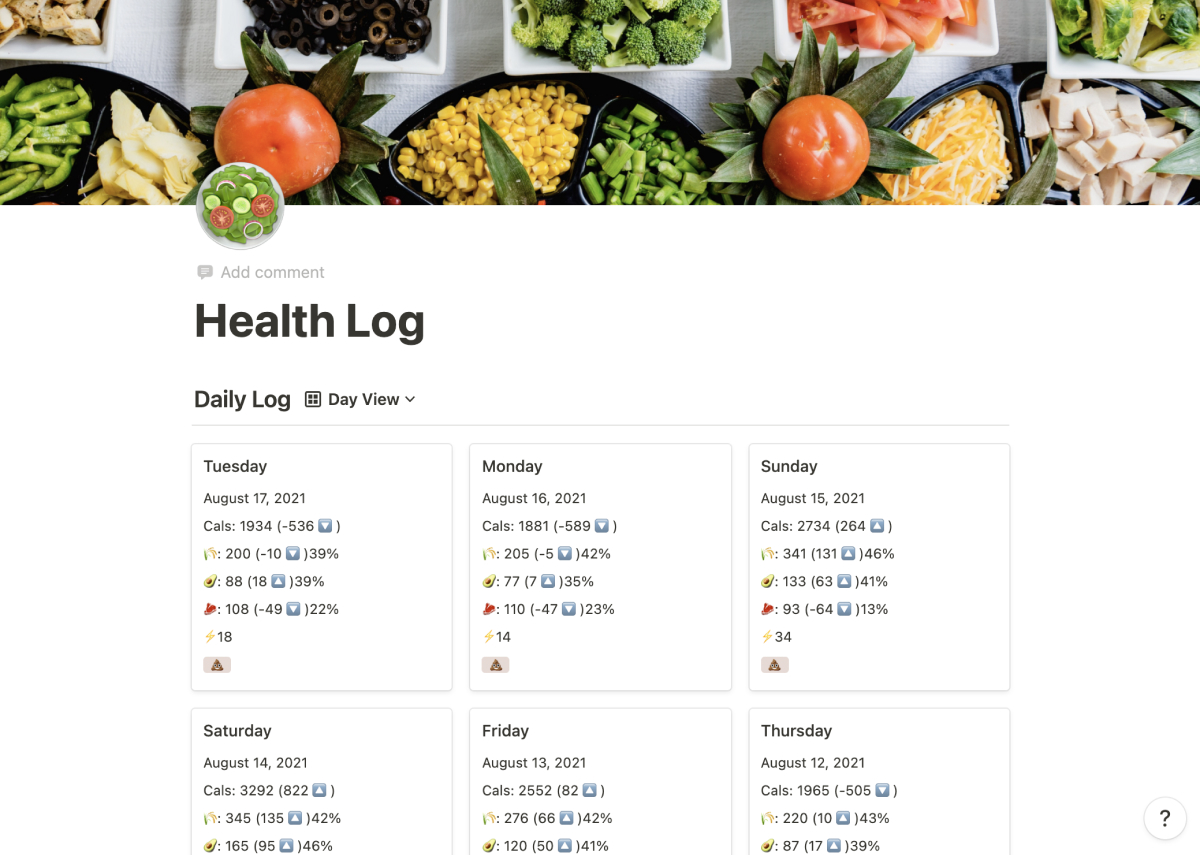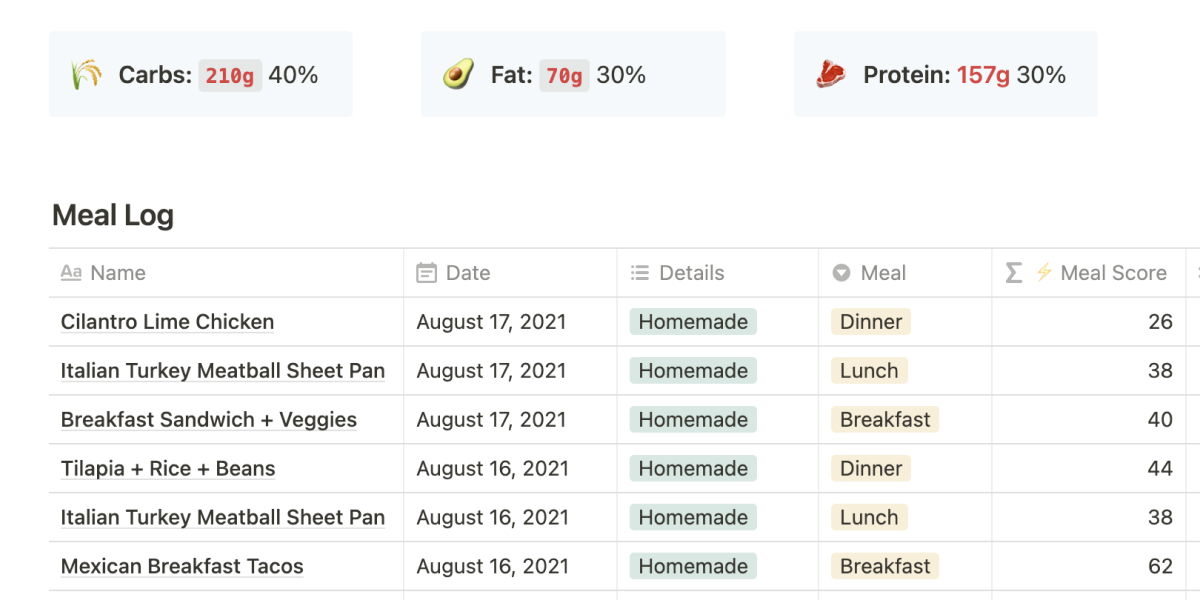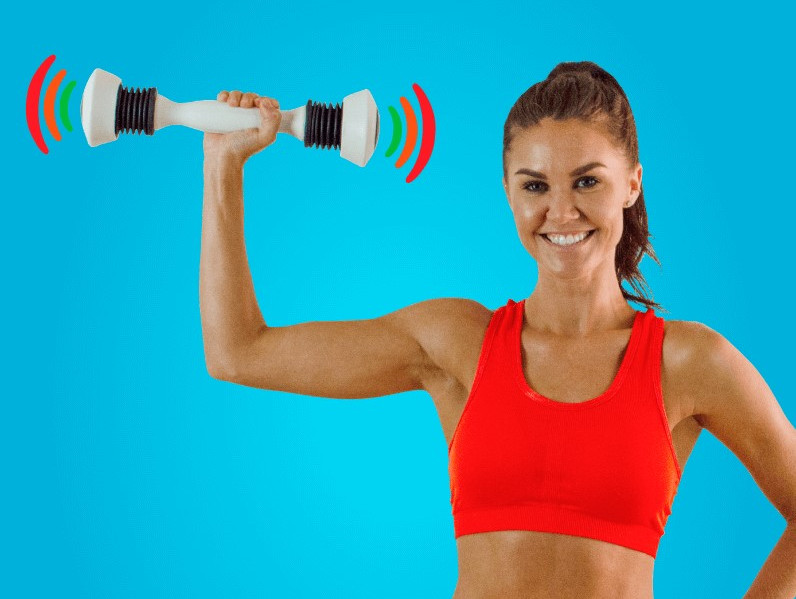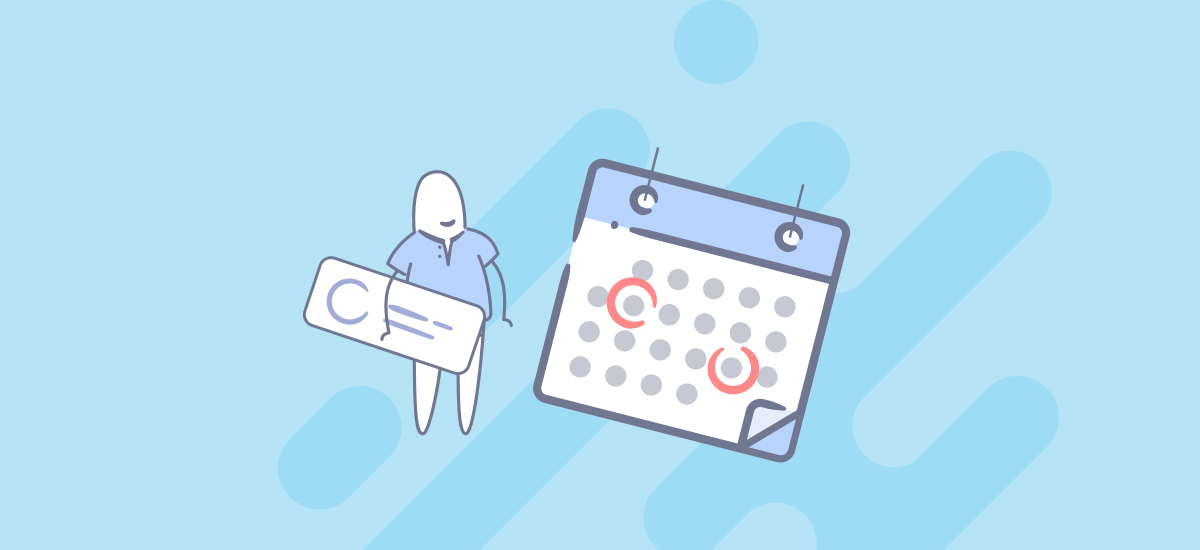Why you should manually plan your day
Lately I have been trying to eat better, or at least be aware of what I have been eating. I know the basics, eat real food, eat slowly, etc. I was challenged to start tracking my food and target a 40/30/30 ratio of carbs, fats, proteins. Fortunately there are many great food tracking apps. I went with MyFitnessPal because they have a pretty robust database of food that I can easily scan. But after a week of relentlessly scanning every ingredient, I was no closer to understanding what I was eating, and being able to use that understanding to change my behavior.
But why! Seriously, why? MyFitnessPal gave me all the data I needed, and presented it in a way that it is very easy to comprehend.
Absorbing Data
To answer that question, I need highlight a portion of Charles Duhigg’s great book Smarter Faster Better where he makes interesting observations on our ability to ‘absorb data’. Duhigg reports on teachers who were using cutting edge technology designed to support struggling students. At one point the system broke, and teachers had to manually transcribe the data onto index cards and they drew charts on butcher paper.
Rather than receiving information, teachers were forced to engage with it. The initiative worked because instead of passively absorbing data, teachers made it disfluent, harder to process at first, but sticker once understood.
Back to my question. I had all the data I needed, why was it not leading to comprehension?
It was because I was merely looking at information, but not really understanding what it means. Something really interesting happened when I used Notion to track my meals. I took the same data available to me in MyFitnessPal, but manually entered it in Notion, and built a few basic formulas to summarize and score my eating.

It was the act of figuring out how I would need to represent this information in Notion, and which variables I would need to build formulas that unlocked my understanding. I was largely looking at the same data, but with an entirely new and more mature comprehension.

Sorry, I thought this article was about productivity calendars, not food.
So many apps aggregate your calendars and use ‘AI and machine learning’ to optimize your day. In some scenarios that’s great. But I suspect that kind of messaging suggests that some new technology is going to magically make you more productive.

But I want to own my day. You better understand the value of money when you hand over physical dollar bills (remember those) than you do swiping a credit card. In the same way, you value and better understand your time when you manually build your day.
That is the whole reason why I created HeyToday, a simple productivity calendar.
I was great at organizing what I want to accomplish, but terrible at actually getting the right things done. I tried using pen and paper, my Google calendar, and while those options may work for many people, I needed something a little more. I needed a tool to help me plan and visualize my day, helping me see what I can accomplish and when. Just like moving a task from your brain to a to do list gives you peace of mind, so does having a visual representation of what you can accomplish in a day.
- P.S. No reoccurring payments to keep using Hey Today ?. Pay one time and it is yours foeva’eva.
- P.P.S. It also pretty cheap (I may be a little biased though ?)

